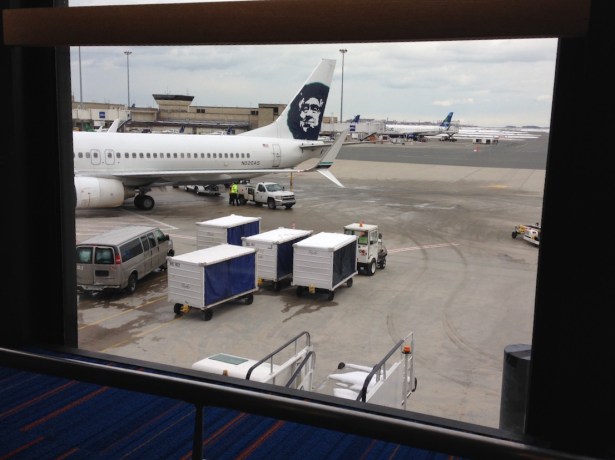Norwegian Cruise Line (NCL) Holdings announced on May 7th that, if Florida’s government holds to its misguided law preventing private businesses from enforcing vaccine compliance, NCL will take all of its sailings to other ports outside that state. For a Miami-based company, that’s a pretty bold promise.
While my sun-loathing, beach-avoiding tendencies made Florida’s appeal a mystery to me in the past, its near total lack of sensible governance paints it as a positively terrifying “vacation” destination today. I’m hardly the only one to notice Governor DeSantis’ lunatic anti-corporate stance on this question, either.
I want to commend NCL for making a rational commitment to protect passenger safety even as the pandemic wanes. I haven’t cruised with Norwegian yet, but taking a firm line on this issue after a year of unprecedented collapse in the travel industry gives me a powerful reason to consider them more seriously in the future.
I’ve only taken a handful of cruises, having traveled twice with Crystal Cruises, once on Holland America Line, and once with Carnival. I’m delighted that Crystal has also adopted a 100% vaccinated passenger policy at this time.
At the same time, allow me to commend Delta for being the airline which blocked middle seats longer than any other major U.S. carrier. Delta ended that policy on May 1, 2021.
By contrast, American Airlines decided after just a couple of months in 2020 (April to June) that cramming passengers three abreast on flights of any duration—while an airborne virus sickened tens of thousands per day in a way science did not yet clearly understand—was sound policy.
AA made this choice well before the second surge of cases and deaths in the United States.
You can bet that Delta has moved up on the list of airlines I’ll choose to fly with going forward.
The day I got my first vaccine jab, I booked tickets home to see my dad for Christmas 2021.
I noticed when Alaska Airlines made the news for banning Alaska state Senator Lora Reinbold. The dis-Honorable Senator Reinbold repeatedly ignored staff instructions, violating a mask order designed to protect her fellow passengers.
Most of those good people were likely Reinbold’s constituents, yet she couldn’t be bothered to don a few square inches of cloth to reduce the risk of infecting them all with a contagious disease. The senator couldn’t know if any those in her vicinity were high risk; she simply didn’t care more about human life than she did political posturing.
I’m incredibly appreciative that Alaska Airlines chose to institute a face covering policy even before the United States federal government implemented its own mandate. I’m proud to say that Alaska is the airline with which I’ve had elite status for the greatest number of years.
I’m gratified that I’ve regularly paid a premium for flights with this airline that chose to do the right thing, even when doing so cost them the business of customers who couldn’t—wouldn’t—be bothered to take any small measure to respect others.
It’s interesting to me that I’ve long felt that customer service was better on Alaska and Delta than on other domestic airlines, even as frequent fliers began complaining bitterly about changes in the latter’s SkyMiles Frequent Flyer program devaluing their points. Personally, I prefer good service and more stringent safety protocols to a higher return paid in free trips.
This post is the product of a lot of noticing, over the course of a pandemic, which big companies took specific kinds of thoughtful action, and how often those actions corresponded with my previous impression of a given corporation. Trader Joe’s and American Airlines disappointed me; Delta, Alaska, and NCL have earned a great deal more of my esteem.
I have a long memory, and I’m the kind of traveler happy to pay a premium to support my values. Here’s hoping some pandemic-era changes in the aviation industry remain, and that the skies stay a little friendlier in the future.
♦

 This is remarkable for several reasons:
This is remarkable for several reasons:

 Thanksgiving Coffee
Thanksgiving Coffee
